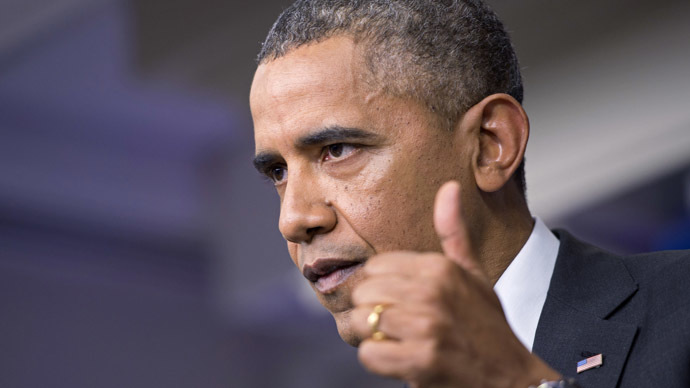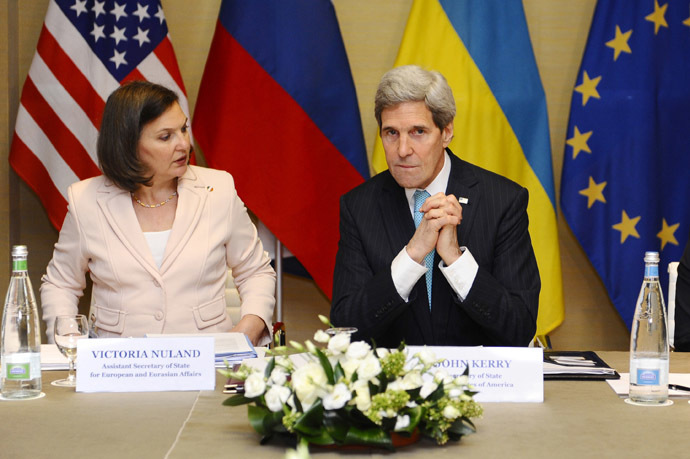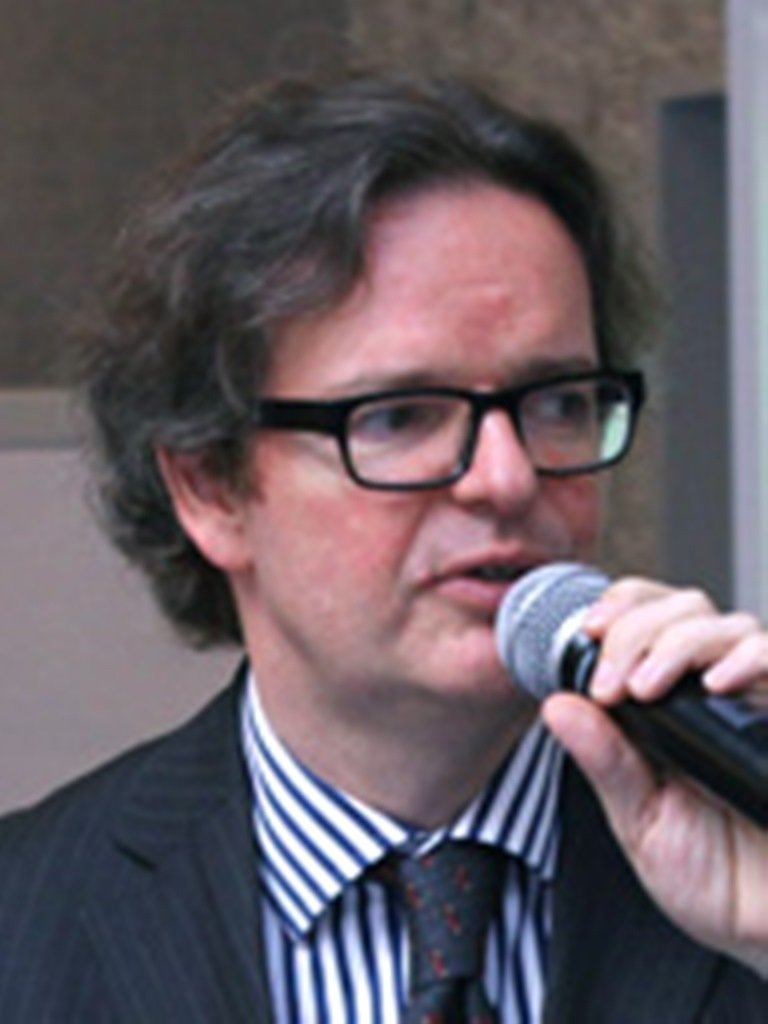‘More sanctions against Russia is mutually assured economic destruction’

At this juncture more sanctions is ultimately economic suicide, and mutually assured economic destruction, global financial markets expert Patrick Young told RT.
“The West is not remotely secure enough in its own economic recovery for the economy to actually withstand sanctions,” Patrick added.
“Stage one, stage two sanctions really don’t demand too much, they are the equivalent in naval warfare of firing a shot across the bows of another ship in order to warn them that there could be some other problems ahead,” he said.
On Thursday the President Barack Obama said that his administration is prepared to take further actions against Russia if the Geneva agreement concerning the crisis in Ukraine fails to bear fruit.
Patrick Young believes, the US is pursuing its own interests pressing with threats of more sanctions on Moscow.
“The big issue we have to look at here is the fact that America is very keen to impose more sanctions. Why? Because actually with the exception of one or two companies, such as Exxon, ultimately the US has very little interest directly in Russia at this time. Therefore, one could argue that it’s actually a politics of competitive economic advantage,” Young told RT.

In particular, Washington wants to have a better standing on the EU markets.
“If America can create sanctions, that would pull back the EU's interests in Russia and therefore allow America to have a better chance to get in subsequently when relations improve. Remember the key statistic for indirect investment [shows that] 75 percent of Russian overseas investment is coming from the EU according to the EU’s own statistics. That’s a huge number and therefore it’s quite obvious America doesn’t feel so much pain if it inflicts the sanctions,” he says.
However, Europe is much more vulnerable in regard to sanctions against Russia.
“Germany is a country having a huge percent of their exports going to Russia, they are going to feel the pain in the same as UK car manufacturers, who osend over so many Range Rovers to Moscow and Saint Petersburg. There are ultimately lots of industries in Europe that would be damaged here and they really cannot afford it given the crumbling edifice of the Eurozone put together by Brussels’ incompetent politicians,” Young says.
Meanwhile, some EU leaders are looking to block Russia’s South Stream gas pipeline project to solve the issue of supply disruptions via Ukraine and reliance on Russian energy resources. In this regard we can clearly see that the pendulum can swing in another direction, Patrick Young says.

“It’s in the face of Gazprom as an attempt to try to kill South Stream project so that the Americans can bring huge gas barges over to Western Europe in a hope that it would allow the Americans to make Europe more dependent on American gas.”
Patrick Young believes what the West has achieved so far is the ability to manage and dominate our 24 hour news cycle with all sorts of threats. Actually, in terms of achieving anything in order to manage to resolve any issues and in terms of actually impacting the economy overall, it has done nothing, he adds.
“All we have seen is a kind of unseemly scramble as some people have sought to try to reduce, in fear, their investments either in the West or in the East. But overall the impact has been incredibly muted,” Patrick Young concluded.
The statements, views and opinions expressed in this column are solely those of the author and do not necessarily represent those of RT.
The statements, views and opinions expressed in this column are solely those of the author and do not necessarily represent those of RT.













